THC, or tetrahydrocannabinol, is the main psychoactive component of cannabis associated with recreational marijuana use. But did you know that the cannabis plant is home to hundreds of active compounds that offer potential wellness benefits and can be made into products that are THC-free?
Whether you want a THC alternative because of a dislike toward THC’s intoxicating effects or employment reasons, there is a world of options available to you.
Cannabis is witnessing a remarkable transformation, offering consumers choices beyond the classic, psychoactive high associated with THC. Whether you already have cannabis experience or are completely new to it, let’s explore some of the options on the market.
Why Would Someone Want to Substitute THC?
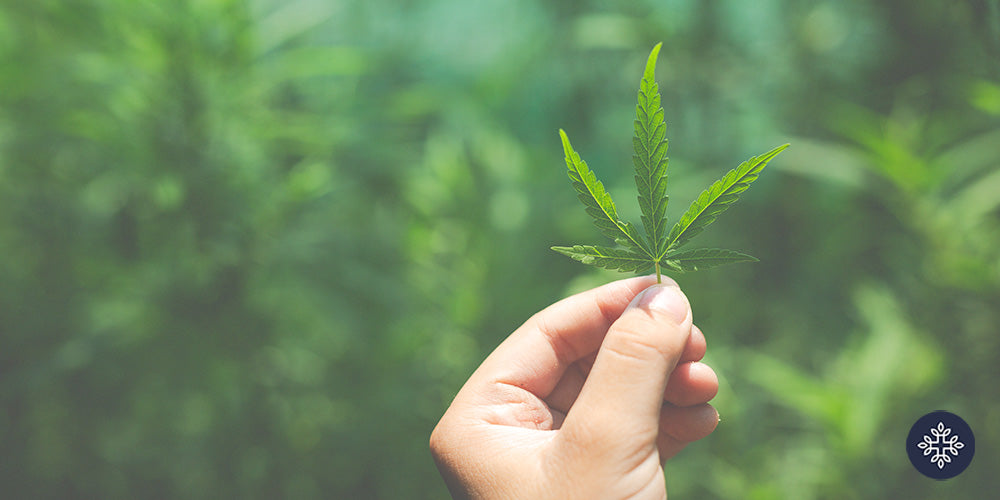
People might opt for THC alternatives for a bunch of reasons. Maybe they're after the chill vibes without the psychoactive effects that THC brings.
Some folks, especially those using cannabis for potential pain relief or therapeutic benefits, want the benefits without feeling spaced out, turning to alternatives with specific cannabinoids like CBD. Legal constraints play a role, too — where THC is a no-go, alternatives offer a legal workaround.
It's not just about what you're after; it's also how you want to get it; with options like edibles, topicals, or tinctures, you have a variety of products to choose from that are formulated with other cannabinoids.
As cannabis becomes more mainstream, there are alternative cannabinoids for everyone, no matter your vibe or lifestyle.
Best THC, Weed & Cannabis Alternatives
The market for THC alternatives without psychoactive effects has expanded significantly thanks to more sophisticated cannabis plant extraction techniques, offering various options for those seeking alternatives to the typical THC experience.
Some of the notable alternatives include:
CBD (Cannabidiol)
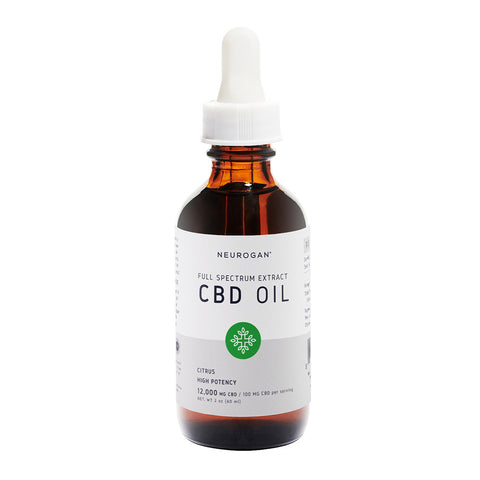
CBD, or cannabidiol, is the most prominent cannabinoid in hemp plants and is just as equally researched as THC for its interactions with the endocannabinoid system to support relaxation, stress, sleep, and mood. Unlike THC, CBD doesn’t produce intoxicating effects, even at high doses. Some CBD products, such as full spectrum CBD, may include low doses of THC (up to 0.3%), but there are plenty of THC free CBD options as well.
CBG (Cannabigerol)
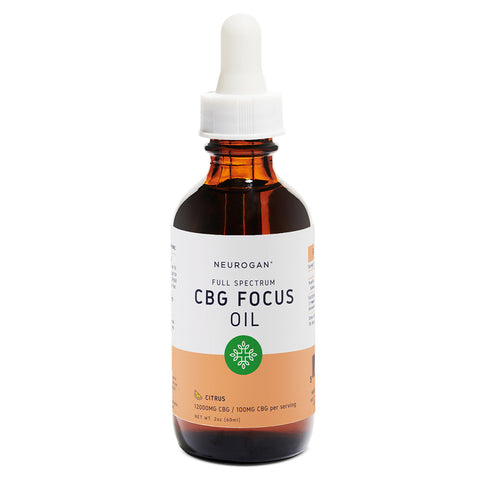
CBG, or cannabigerol, is sometimes referred to as the "mother cannabinoid” because this compound is a precursor to other cannabinoids, including THC and CBD. Even though it’s present in smaller quantities in mature cannabis plants compared to CBD and THC, CBG has been found to have potential wellness effects. Research suggests that CBG may have anti-inflammatory, antibacterial, and neuroprotective effects, which could play a role in pain relief and brain health [1].
CBN (Cannabinol)
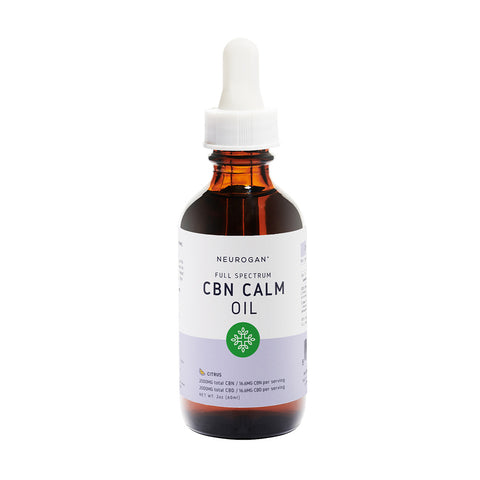
CBN, or cannabinol, is a minor cannabinoid derived from the degradation of THC. CBN is more commonly found in aged or oxidized cannabis, as THC gradually converts to CBN through exposure to light and air.
Even though CBN is a byproduct of THC, CBN doesn’t have psychoactive effects in moderate doses, and it’s most commonly seen in sleep-supporting products. Some users explore CBN for its potential role in promoting relaxation, which may be what you need in your bedtime routine.
Delta-8 THC
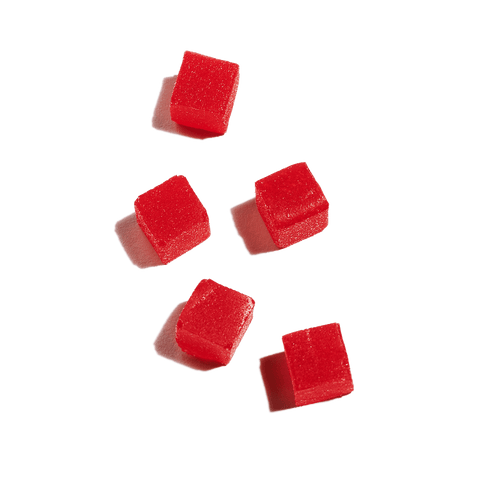
When people talk about THC, they’re usually referring to delta-9 THC, which is the most abundant and well-researched form, and delta-8 THC is a minor cannabinoid isomer. The only difference is its molecular structure and concentration in cannabis plants.
For some time, delta-8 THC products were a popular alternative for those looking for a mellower high, and a legal loophole to using THC products for recreational use as delta-8 is typically made by converting CBD into delta-8 through a chemical process.
With that being said, there are now more restrictions on delta-8 products compared to CBD products, which means delta-8 is no longer widely available. Additionally, the long-term effects of delta-8 THC use are not well-studied, and its use will still show up positive on drug testing for marijuana consumption.
Terpene-Based Products
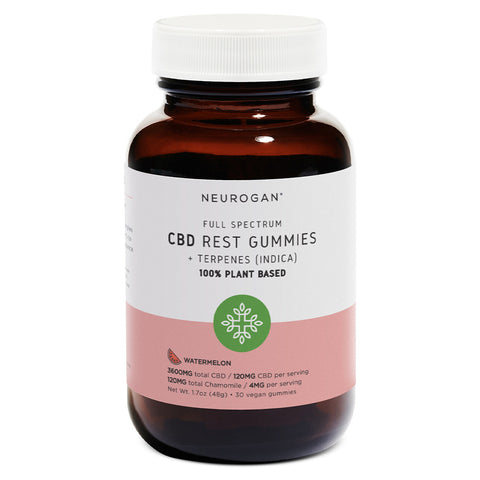
Terpene-based products, such as Sativa and Indica edibles, are derived from terpenes, aromatic compounds in various plants, including cannabis.
These products focus on harnessing different terpenes' distinctive flavors and scents. Terpenes not only contribute to the aroma of cannabis but also have potential wellness properties.
Terpene-based products can include essential oils, tinctures, and concentrates emphasizing specific terpene profiles. Many terpene-based edibles will have labels that suggest their potential effects on relaxation, mood enhancement, focus and energy, and more.
Hemp-Derived THC Products
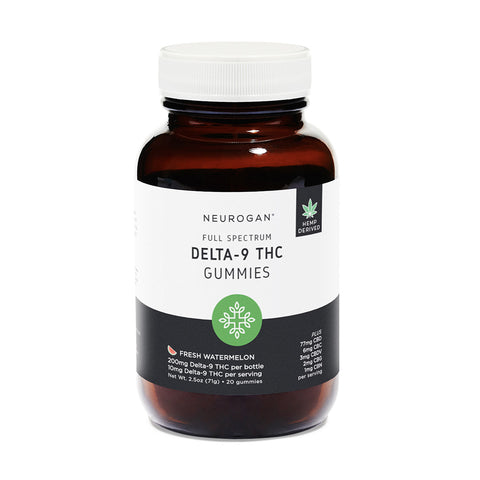
If what you’re after is to get your hands on the psychoactive effects of cannabis but can’t seem to legally get ahold of a marijuana plant or products in your area, this might be your next best option.
Thanks to the 2018 Farm Bill in the United States, hemp and its derivatives are federally legal as long as they contain no more than 0.3% THC by dry weight. This legislation makes for an interesting loophole in the creation of THC gummies derived from hemp that can produce mild psychoactive effects without exceeding the legal THC threshold.
What is the strongest THC Alternative?
Determining the "strongest" THC alternative is subjective and depends on personal preferences and tolerance levels. Ultimate, decide what you plan on using cannabis for.
For most people looking for the strongest THC alternative to support general endocannabinoid wellness without the psychoactive effects, and if our strongest THC edibles won't work, then CBD may be the best option. Plenty of research surrounds this compound, and it’s more widely accessible online and in stores [2].
However, if you do want the psychoactive effects of THC, then you should look at hemp-derived THC gummies, which are legal by the 0.3% Farm Bill compliance, though they won’t be as potent as your traditional THC products made from marijuana.
Are THC Alternatives Legal?
The legality of THC alternatives depends on the source it's derived from and the laws in your local area.
CBD, CBN, CBG, and certain THC products, when derived from hemp, are federally legal in the U.S. under the 2018 Farm Bill, as long as they contain less than 0.3% delta-9 THC by dried weight in the final product.
However, state laws may differ, with some states imposing restrictions or outright bans on certain cannabinoids, like delta-8 — regardless of whether it came from hemp. Always check the local regulations in your area to ensure compliance when considering the use of THC alternatives.
The Best THC Alternatives
General interest in cannabis for natural wellness has also sparked more research into the plant’s potential.
With advancements in extraction technologies, we're living in an exciting era of accessibility to cannabis products enriched with terpenes and minor cannabinoids such as CBN and CBG.
When looking for THC alternatives, it helps to have an understanding of what you’re hoping to gain from THC, whether it's for the psychoactive effects or the potential for relaxation and sleep.
At Neurogan CBD, we offer a wide range of hemp-based products that cater to different lifestyles at competitive prices.
References:
- Lowin, T., Tigges-Perez, M. S., Constant, E., & Pongratz, G. (2023). Anti-inflammatory effects of cannabigerol in rheumatoid arthritis synovial fibroblasts and peripheral blood mononuclear cell cultures are partly mediated by TRPA1. International Journal of Molecular Sciences, 24(1), 855.
- Boggs, D. L., Peckham, A., Boggs, A. A., & Ranganathan, M. (2016). Delta-9-tetrahydrocannabinol and cannabidiol: Separating the chemicals from the “weed,” a pharmacodynamic discussion. Mental Health Clinician, 6(6), 277-284.


